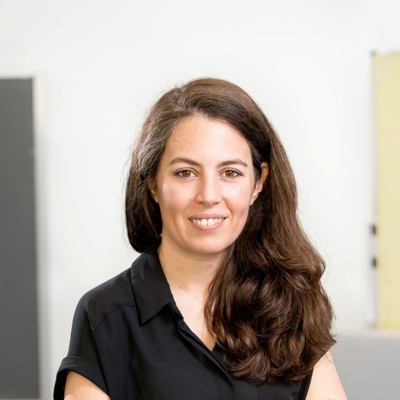June 5, 2024, 10:55 am – 11:25 am
Towards hybrid learning designs: Challenges, strategies and good practices
Hybrid teaching, also known as blended synchronous teaching, is an instructional approach where some students attend in person in a lecture hall or seminar room, while others join online through video conferencing. Hybrid teaching scenarios are poised to play a crucial role in the future of higher education, as they afford specific advantages that contribute significantly to the overall learning experience. However, at the moment, it is often not the first choice due to technological, didactical and organisational challenges.
Our presentation discusses the following aspects:
- Benefits and challenges of hybrid learning designs
- Good practices in hybrid learning and teaching
- Assessment and adaption of hybrid scenarios with different degrees of participation
- Implementation of hybrid instructional approaches in settings of international collaborations
This presentation draws from our work at Projekt Hybride Lehre, Freie Universität Berlin.
Literacy: Hanke, U., & Rachbauer, T. (2022). Clevere Gestaltung hybrider Lehrveranstaltungen. Chancen, Herausforderungen und Gelingensbedingungen. Clever lehren, Band 5. McCaw, C. T., Mendus, A., Boyer, A., Cameron, S., Leve, A., & Messer, R. (2023). From “Am I just too old for this?” To “Hey – I think I could do that!”: A collaborative self-study of the implementation of blended synchronous learning in initial teacher education. Education and Information Technologies, 1–29. https://link.springer.com/article/10.1007/s10639-023-12210-9 McKenney, S., & Reeves, T. C. (2019). Conducting Educational Design Research. Routledge. Nørgård, R. T. (2021). Theorising hybrid lifelong learning. British Journal of Educational Technology, 52(4), 1709–1723. https://doi.org/10.1111/bjet.13121 Pischetola, M. (2022). Teaching Novice Teachers to Enhance Learning in the Hybrid University. Postdigital Science and Education, 4(1), 70–92. https://doi.org/10.1007/s42438-021-00257-1 Raes, A., Detienne, L., Windey, I., & Depaepe, F. (2020). A systematic literature review on synchronous hybrid learning: Gaps identified. Learning Environments Research, 23(3), 269–290. https://doi.org/10.1007/s10984-019-09303-z Raes, A. (2022). Exploring Student and Teacher Experiences in Hybrid Learning Environments: Does Presence Matter? Postdigital Science and Education, 4(1), 138–159. https://doi.org/10.1007/s42438-021-00274-0 Seidl, T., Sexauer, A., & Immanuel Ulrich (2022). Hybrides Lehren und Lernen – theoretische und praktische Perspektiven. Neues Handbuch Hochschullehre(106), Kap. D3.44. Zhong, Q., Wang, Y., Lv, W., Xu, J., & Zhang, Y. (2022). Self-Regulation, Teaching Presence, and Social Presence: Predictors of Students’ Learning Engagement and Persistence in Blended Synchronous Learning. Sustainability, 14(9), 5619. https://doi.org/10.3390/su14095619
Speaker
 Agustina Malvido
Agustina Malvido
Specialist in Hybrid Teaching at Center für Digitale Systeme, Freie UniversitätLena Stölzl
Specialist in Hybrid Teaching at Center für Digitale Systeme, Freie Universität
Track
Spaces & Hybrid Concepts
Room
Berlin Community-Stage
Language
EN
Format
Input


